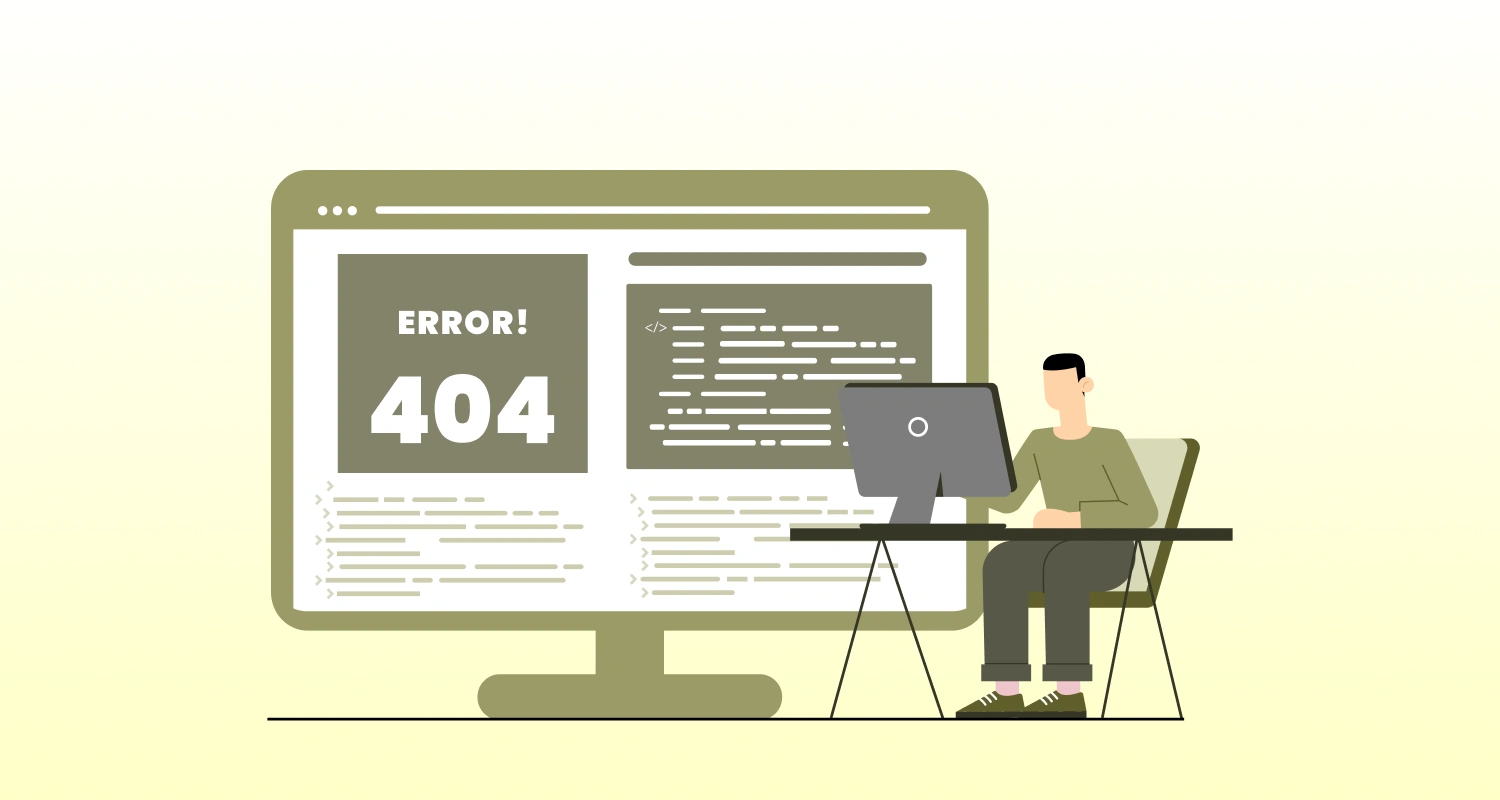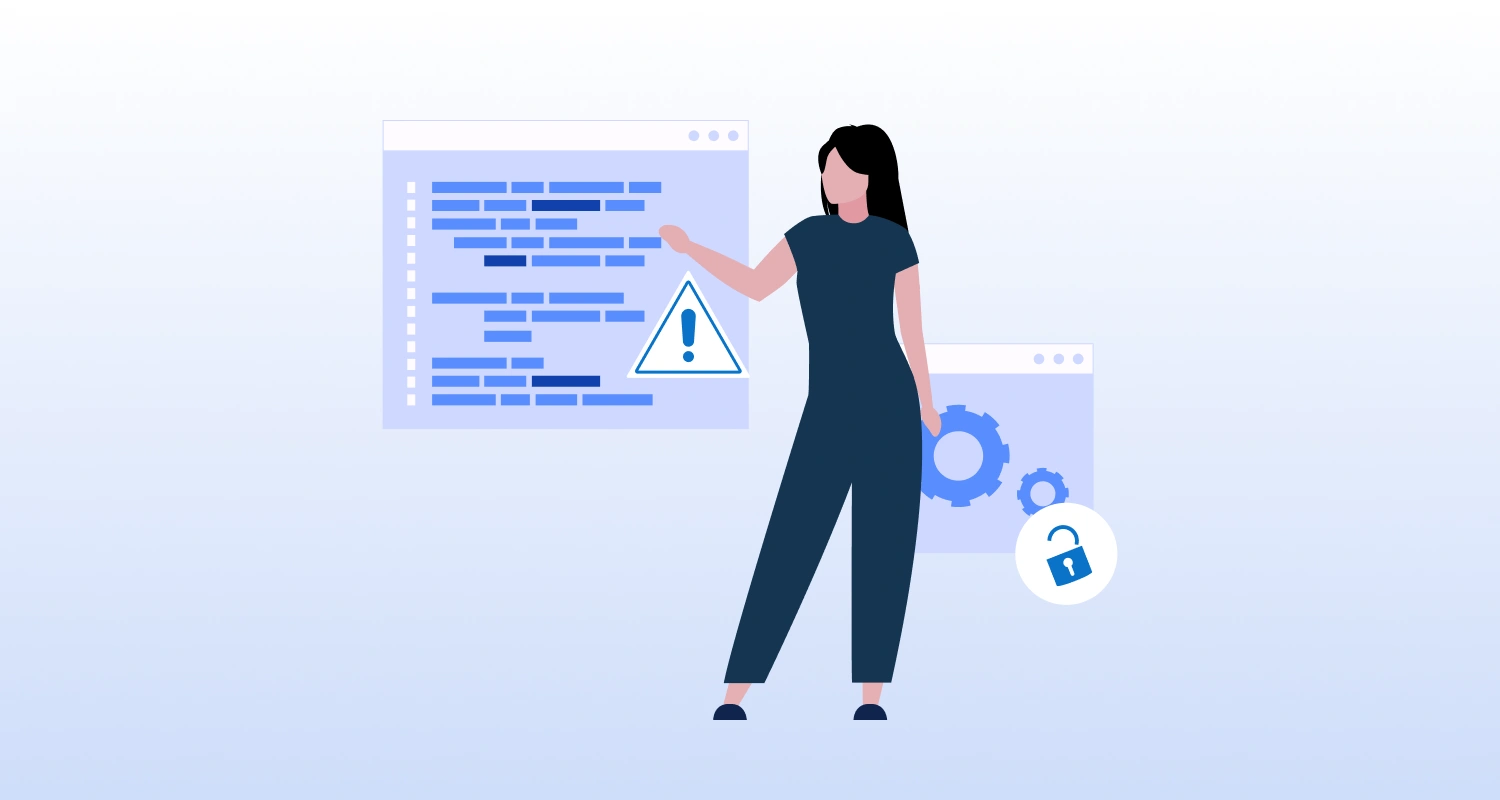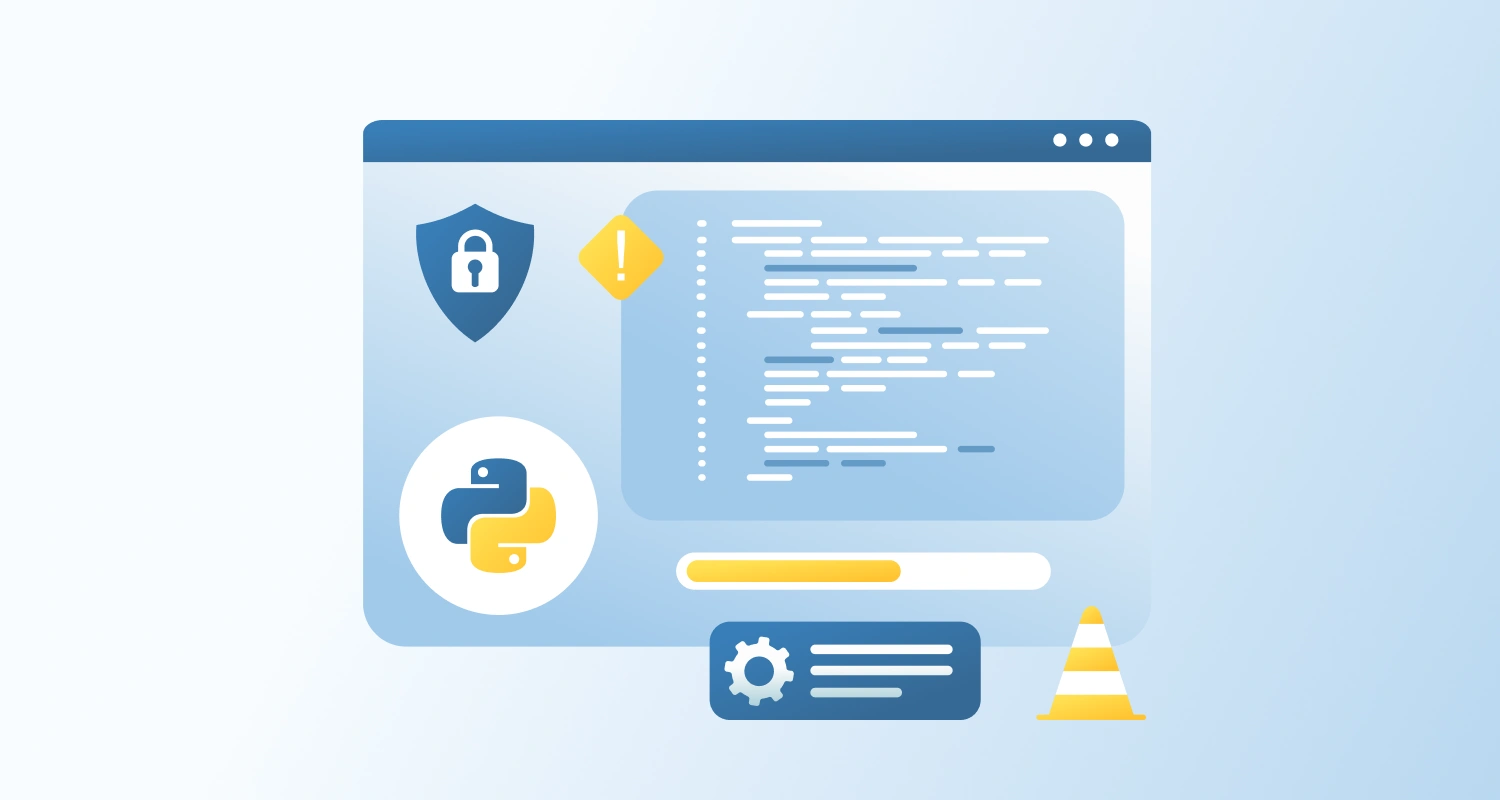The Principle of Least Privilege (PoLP) is a foundational concept in cybersecurity and software development. It means giving any user the least level of access or permissions needed to carry out any function. This reduces threats and limits exposure to vulnerabilities.
Why PoLP Matters in WordPress?
WordPress provides many user roles and authentication levels. It lets users create an Administrator, Editor, Author, Contributor, and Subscriber level of authorization.
Hence PoLP can help define roles and responsibilities of such capabilities:
For example:
- Administrators can manage plugins, themes, users, and site settings.
- Editors can manage and publish posts by any user.
- Authors should be able to publish and manage their own posts.
- Contributors can write but not publish posts.
- Subscribers can only manage their profile.
Giving a Contributor administrator-level access exposes your site to unnecessary risks. A user could unintentionally delete content or intentionally install a malicious plugin.
How to use PoLP for WordPress?
- All users should only get the roles they need.
- Use plugins such as “User Role Editor” for adjusting permissions.
- Only trusted users should be administrators.
- Regularly review and remove users or downgrade roles when access is no longer needed.
Code Example:
// Check if a user has admin capabilities before running admin-only code if ( current_user_can( 'administrator' ) ) { // Safe to run admin-level operations update_option( 'site_name', 'Secure WordPress Site' ); } else { wp_die( 'You do not have sufficient permissions to perform this action.' ); }Best Practices for PoLP
- Regularly audit user accounts and remove or downgrade unnecessary users.
- Do not share admin accounts; use different login details.
- Combine PoLP with other security best practices like 2FA for improved protection.
- Avoid using administrator accounts for regular content creation.
Following the PoLP in WordPress not only secures your site but also enforces better user management and operational control.





